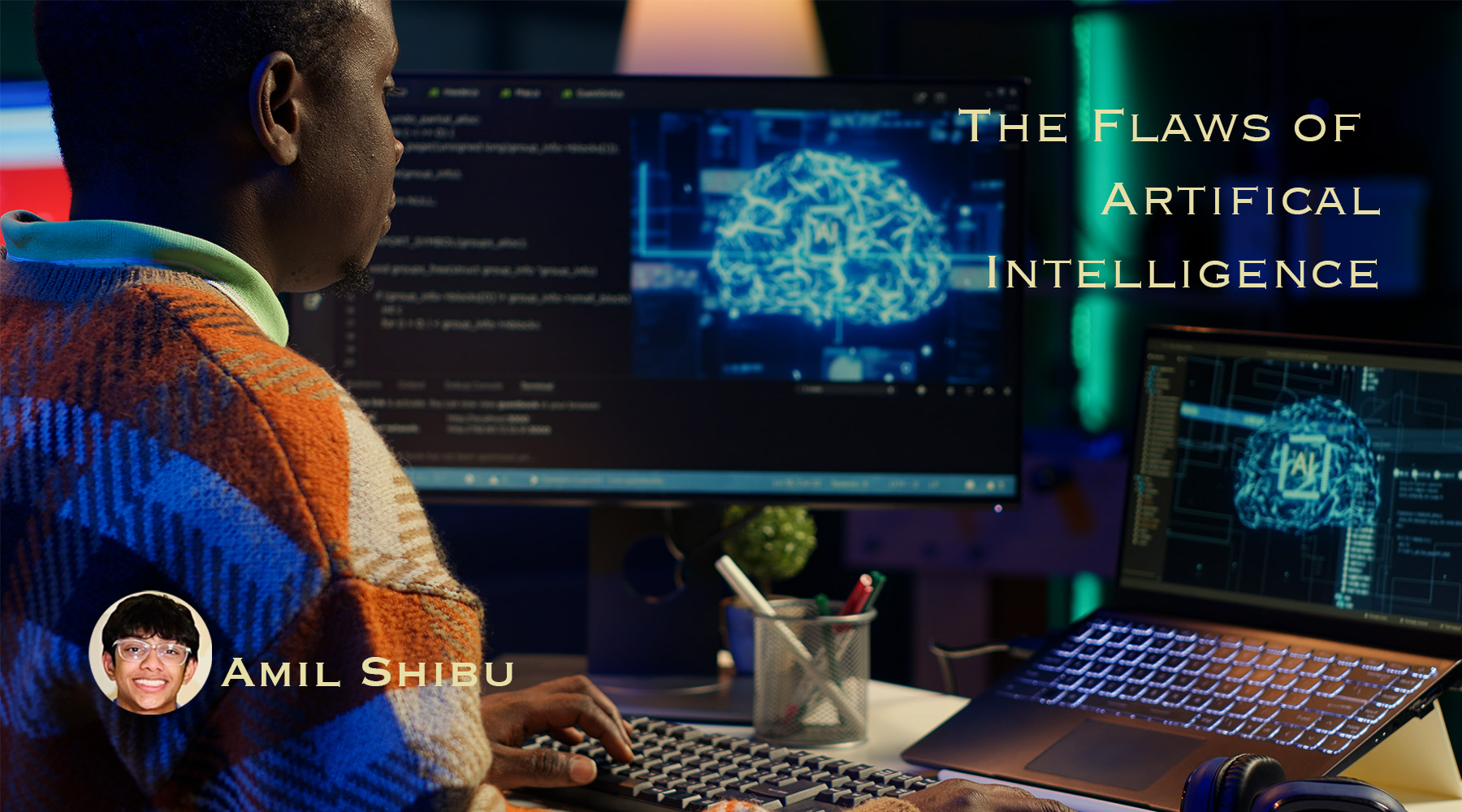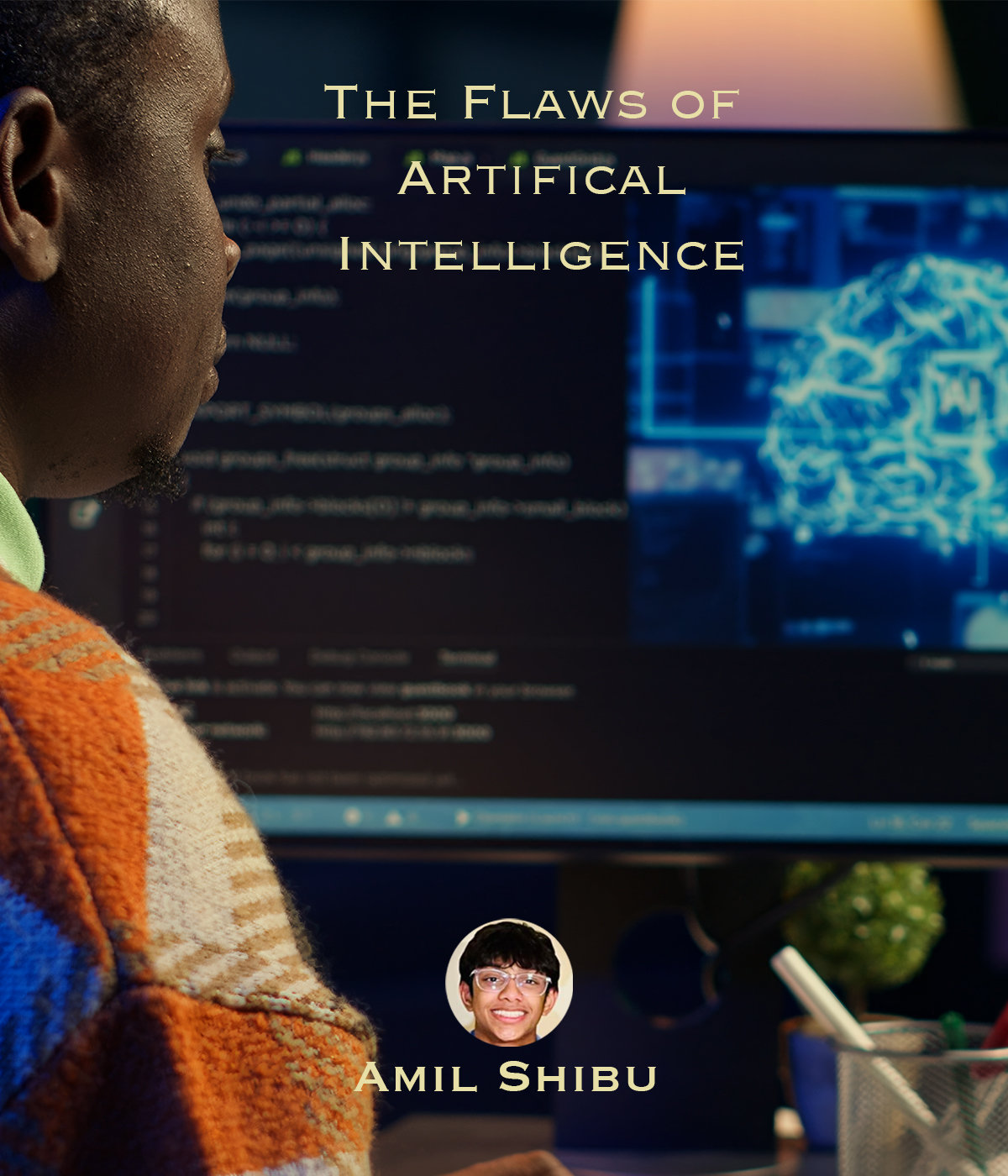Since the dawn of the modern era, the idea of machines gaining a mind of their own and rebelling against their makers has lingered prominently in human imagination. This notion has been perpetuated in popular culture, from dystopian novels to blockbuster movies. However, Thomas B. Fowler’s insights in Artificial Intelligence: Summary and Conclusions reveal that at the core of these fears is a huge misunderstanding. Fowler claims that AI lacks the key ingredients of human intelligence. While AI is great for processing volumes of data, recognizing patterns, and carrying out pre-programmed tasks, it fails to capture the essence of human cognition.
AI also cannot come up with new ideas by itself or create something path-breaking in science, mathematics, or the arts. Treated as derivative, the work is not based on original thought or creative inspiration but rather on pre-existing material. It also cannot fathom the subtle value of cultural artifacts like literature and art. As opposed to humans, who invest texts with meaning and emotion, AI operates a system of textual patterns or simulates the feeling of insight with data-driven cues.
The interesting point of Fowler’s argument underlines one critical distinction: AI is not a sentient creation but an intelligent tool; it is intelligent only within the confines of what the human programmers have conceived. As such, AI cannot be seen as a threat to humanity. Rather, it reinforces the rarity of human imagination, discretion, and creativity. Society should not fear AI but learn to use this supportive tool in service of its endeavors.
But knowing the true nature of AI will also help us understand it and help us to cherish the singularities of our humanity.
https://www.catholicculture.org/commentary/artificial-intelligence-summary-and-conclusions/




